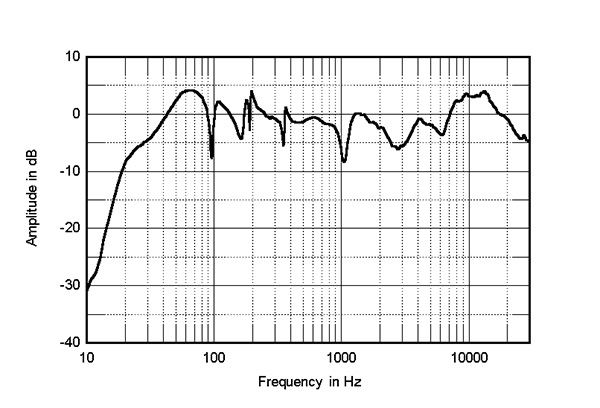If the speaker says " Reference " we can purchase with confidence.
What if a high end speaker measures really badly?
You know, it's true that I feel listening is more important than measurements and that it's generally difficult to really tie together measurements with pleasure. Below 0.05% THD do I care? No I do not. I really don't care. The number tells me nothing about whether I'd like the amp more or not anymore.
In this one memorable review for the Alta Audio Adam speaker, I really felt shivers go up my spine when I looked at the measurements, especially at ~$20kUSD. This looks like an absolute hot mess. Does it sound this bad though? I certainly don't have the $20K to test that out myself. What do you all think?

- ...
- 108 posts total
@erik_squires wrote: "I'm reading @audiokinesis but avoiding commenting when I just don't know what I'm talking about. Honestly my experience with very poor measuring speakers is rather limited so I yield the floor. 🤣" Here is Floyd Toole being much more succinct than me: "A ripple in the on-axis curve may be acoustical interference (not very audible, or inaudible), but if it replicates in spatially averaged measurements it is almost certainly evidence of a resonance." |
I can hear a pair of speakers, and by how they sound, I can usually be pretty accurate on what parameters will measure badly. I have built and upgraded enough speakers in my life, to let me know where the problem measurements will be. I tend to be pretty sensitive to the sound of stored energy, that is visible in the waterfall plot.
You have it a bit backwards from the way I approach speaker measurements. I don’t look at the measurements, then judge how good the speaker is based on them. I listen to the speaker, then judge whether I like it or not, then I look at the measurements to see why I did or did not like the speakers. As I said above, I can listen to speakers, and easily pick out too much stored energy in the system.
|
- 108 posts total

